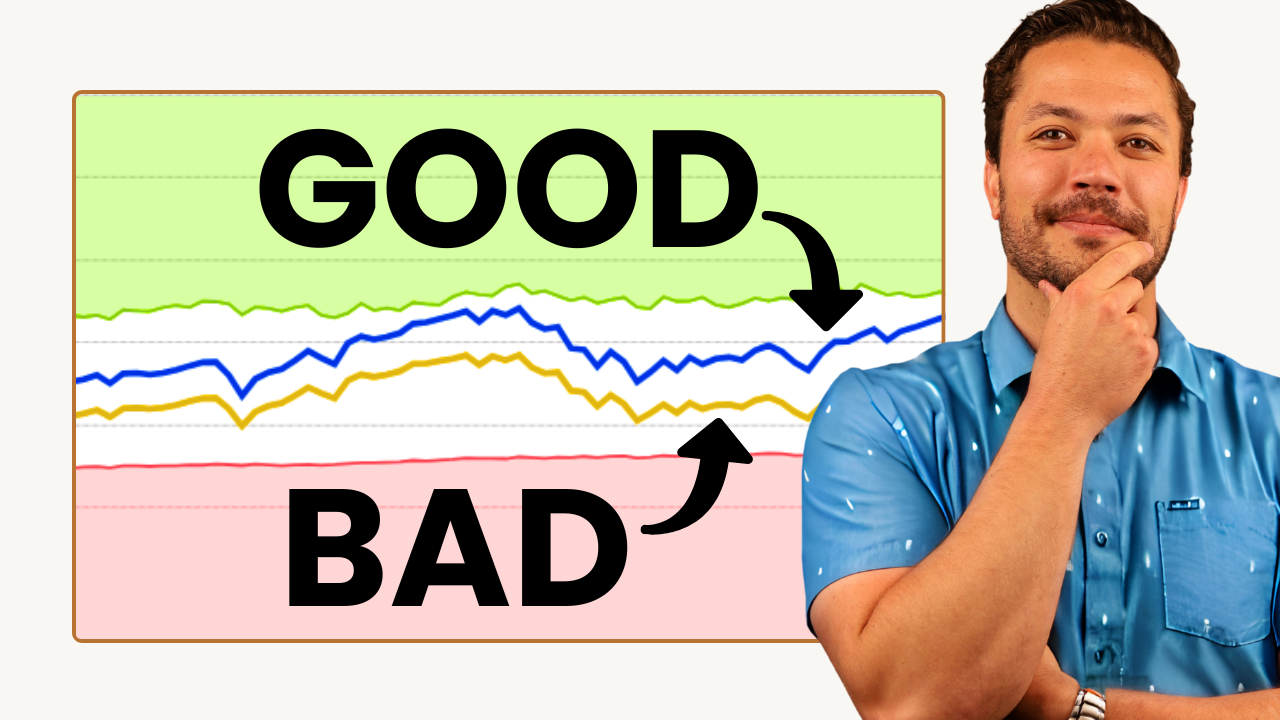Deciding when to take Social Security is one of the most important financial decisions retirees face. The standard advice—delay benefits as long as possible to maximize monthly payments—sounds straightforward. But in real-life retirement scenarios, this guidance could increase the risk of running out of money, especially during volatile market periods.
Resources:
Why Timing Matters More Than You Think
Postponing Social Security usually requires drawing more heavily from personal retirement accounts such as IRAs or 401(k)s. This can be especially risky in the early years of retirement if the market takes a downturn. Selling investments to cover expenses during a slump can result in lasting portfolio damage—a risk known as sequence of returns risk.
Even with a large retirement nest egg, early withdrawals in a weak market can have a permanent impact. By the time higher Social Security payments kick in, the investment portfolio may be too depleted to fully recover.
When Taking Social Security Early Is Smarter
In many cases, choosing when to take Social Security earlier than age 70 can offer better financial security. Doing so provides a steady income stream, reducing reliance on investment withdrawals—especially during down markets.
This strategy can be particularly effective for those without other sources of guaranteed income, such as a pension. It’s also relevant for retirees with health concerns or shorter life expectancies, where the break-even point of delaying benefits may never be reached.
Evaluating the Trade-offs
Yes, delaying Social Security increases your monthly benefit—up to 8% per year after full retirement age. But that increase doesn’t always translate to greater financial stability. If it forces you to draw down retirement accounts rapidly, it may shorten your portfolio’s lifespan.
Knowing when to take Social Security means balancing future benefit increases against today’s market conditions, your health outlook, and your lifestyle needs.
A More Strategic Approach
Rather than rigidly following blanket advice, retirees should adopt a flexible strategy. Sometimes, claiming benefits earlier while taking smaller withdrawals from retirement savings offers a stronger long-term outcome. It provides income stability and preserves your investment portfolio during periods of market uncertainty.
Working with a financial advisor to model different income scenarios can help you make the best decision for your unique situation. Understanding when to take Social Security should be part of a broader retirement income plan—not just a standalone decision.
Seek Professional Guidance
Join the 964+ other retirees and get weekly articles and videos to help you retire with confidence.
Subscribers also gain access to our private monthly client memo.
This does not constitute an investment recommendation. Investing involves risk. Past performance is no guarantee of future results. Consult your financial advisor for what is appropriate for you. Disclosures: https://onedegreeadvisors.com/disclosure/
